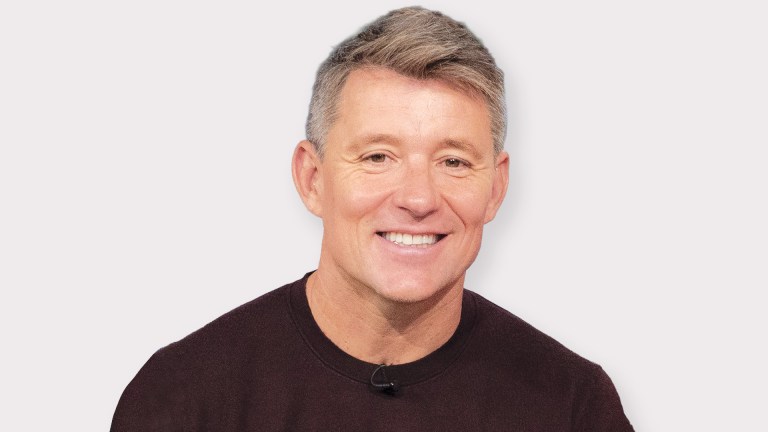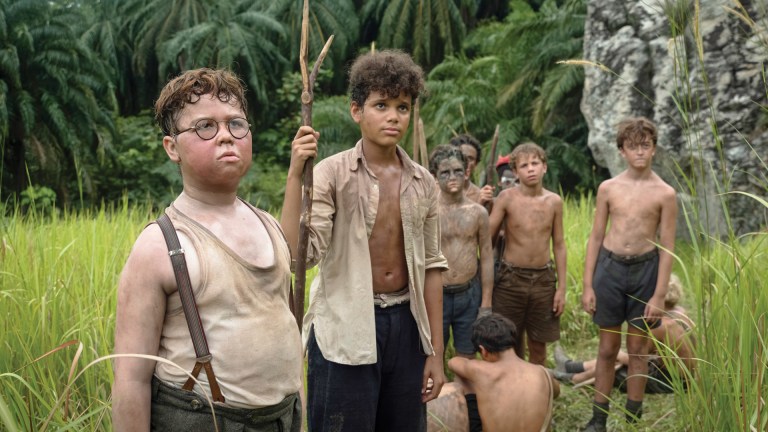A recent Ofcom survey highlighted the rapidly changing viewing habits of young people. As a first TV destination, Generation Alpha – kids born from 2010 onwards – is switching on YouTube before they watch the BBC on television.
The first generation to have lived their entire life with BBC iPlayer (it launched in 2007; Netflix arrived here in 2012) have multiple streaming, Video on Demand, social media and video sharing services vying for their viewing. The entire concept of television schedules will have little impact on them in the future.
“Scheduled TV is increasingly alien to younger viewers, with YouTube the first port of call for many when they pick up the TV remote,” Ed Leighton, Ofcom’s interim group director for strategy and research, said at the launch of the new report, Tuning into YouTube.
Read more:
- Channel 4 at 40: 21 shows that changed the political and cultural landscape
- Baroness Floella Benjamin on being Black on TV, Play School and giving hope to children in poverty
- As Willow and dozens of other shows leave Disney+, is our faith in streaming services misplaced?
Bringing in Hacker T Dog as co-host of Blue Peter shows that the BBC is aware of the need to compete. He is set to be a smash hit on YouTube, where Blue Peter already arranges its content into playlists – Makes, Sports Personalities, Challenges and Gold Book Club.
But the medium is the message. And the message coming from YouTube in particular is that there is unlimited content. Finished one video? Another will be along in 10, 9, 8, 7 seconds.






